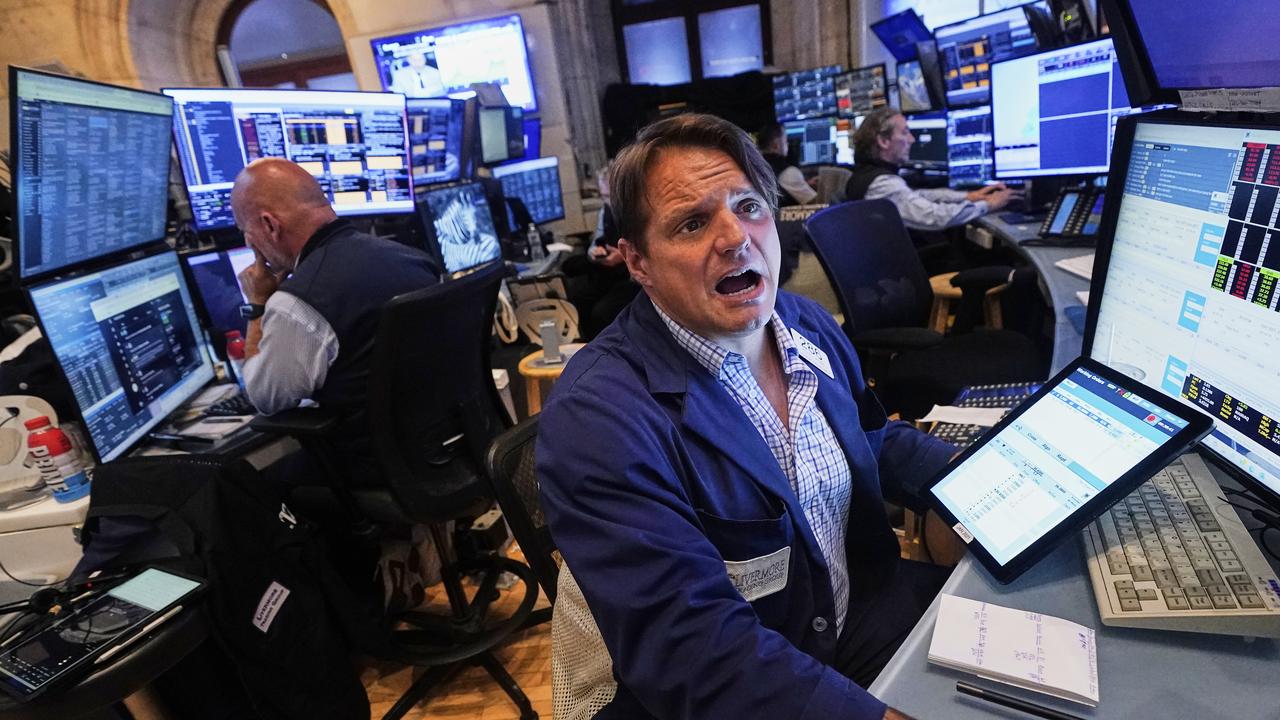‘We should be stockpiling bullets’: JP Morgan boss goes rogue with economic collapse theory
By Alex Blair
Copyright news

He remains confident that the Federal Reserve would remain independent despite pressure from the Trump administration, but remains certain humanity “doesn’t know how to answer” the sheer breadth of issues that have severe implications on the global economy.
Dimon stressed that investors should treat the current environment as unusually volatile, suggesting that some of his peers were asleep at the wheel.
“The level of uncertainty should be higher in most people’s minds than what I would call normal,” he said.
Much of Wall Street’s growth has been powered by investment in artificial intelligence. Still, Dimon echoed concerns recently raised by the Bank of England, which compared the surge in AI valuations to the dotcom bubble. While the usefulness of the technology is undeniable, Dimon warned that the exorbitant levels of funding being put forward will “probably be lost.”
“The way I look at it is AI is real, AI in total will pay off,” he said. “Just like cars in total paid off, and TVs in total paid off, but most people involved in them didn’t do well.”
Dimon has also been very vocal on security concerns, warning earlier this year that the US could exhaust its missile stockpile within a week in a conflict in the South China Sea.
“People talk about stockpiling things like crypto,” he remarked. “I always say we should be stockpiling bullets, guns and bombs. The world’s a much more dangerous place, and I’d rather have safety than not.”
‘Once-in-a-lifetime economic reset’
A recent presentation has sparked viral debate in investment circles by suggesting that the globe is headed toward a “once-in-a-lifetime economic reset”.
Drawing on divergence in sentiment surveys and long-term trends in real income growth, Bravos Research argues something that most of us all agree upon: the financial system is becoming unstable.
The research firm opens with what it describes as an unprecedented chart comparing two sentiment surveys. It showed that consumer confidence in the stock market is near its highest levels in over 30 years. Still, sentiment about personal economic prospects is languishing near levels seen during the 2008 financial crisis.
People are optimistic about markets but deeply pessimistic about their own future finances. Bravos sees the disparity in sentiment as a warning sign as investor “euphoria” decouples from real economic expectations.
In blunter terms, it points to a crippling wealth divide that billions of regular humans will never be able to escape from. Not in the traditional sense, anyway.
A second chart presents real personal income growth (adjusted for inflation) over decades, and overlays the historical growth trend from the pre-2008 period.
Up through 2008, real income tracked a steady 2.8 per cent annual trend. Since then, actual income growth in the US, and just about every other country that’s loosely tied to the US economy, has persistently undershot it.
Australians are feeling this one harder than most in recent years, with new studies showing our disposable income has dropped more than any other developed nation in the post-Covid inflationary crunch.
Since 2010, real personal incomes have risen only 50 per cent, but the inflation-adjusted return on the S & P 500 has surged nearly 300 per cent, according to Bravos. This figure means that while households consistently feel disappointed and under the pump, asset owners like property magnates and large conglomerates have enjoyed unprecedented gains.
Bravos argues that this gap can’t last indefinitely — the financial economy and asset valuations must eventually realign with the real economy. That is their definition of a potential “reset”.
The International Monetary Fund shares similar sentiments.
In April this year, Pierre‑Olivier Gourinchas, the director of the IMF’s Research Department, warned that we are entering a new economic era, with tariff moves and trade disputes introducing major uncertainty.
“We are entering a new era as the global economic system that has operated for the last 80 years is being reset,” Gourinchas said.